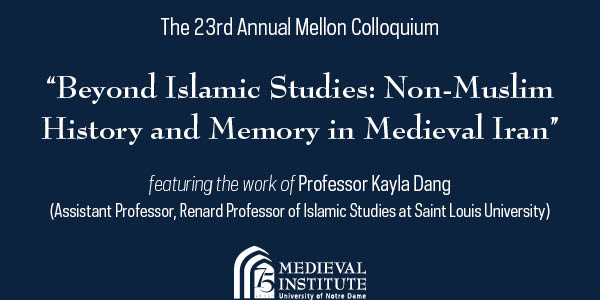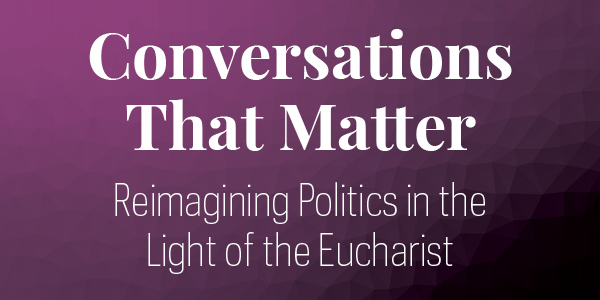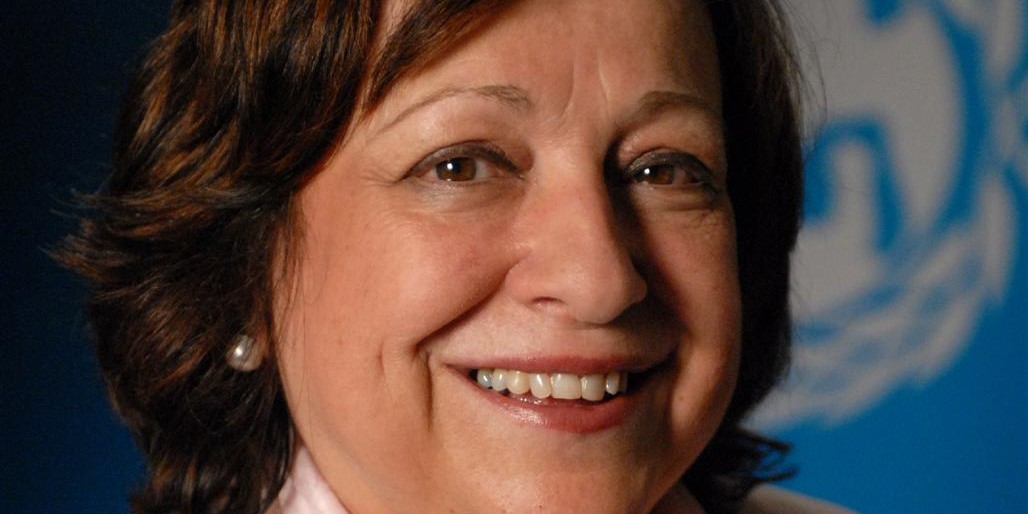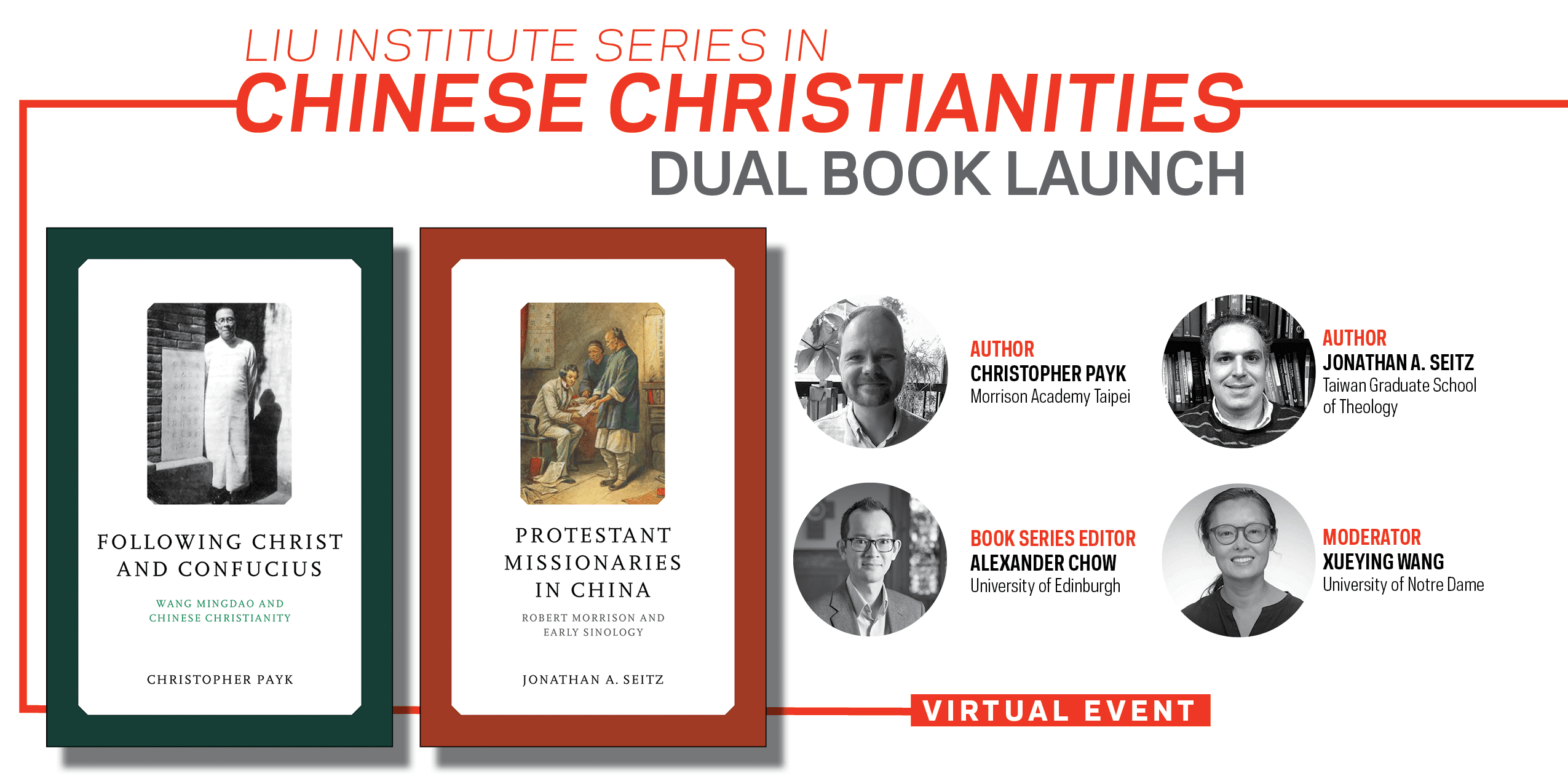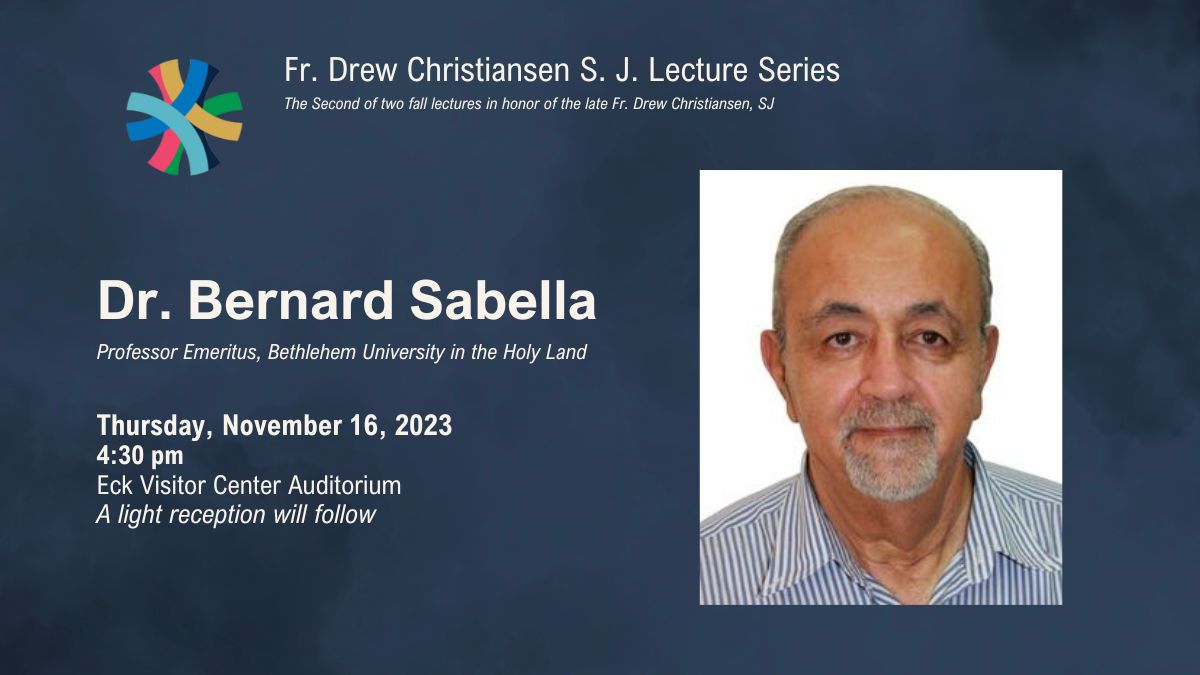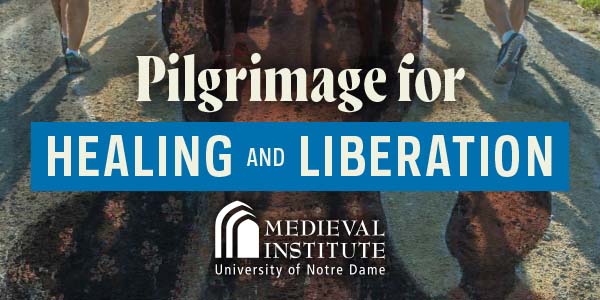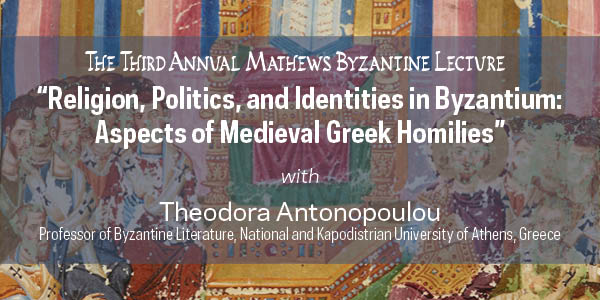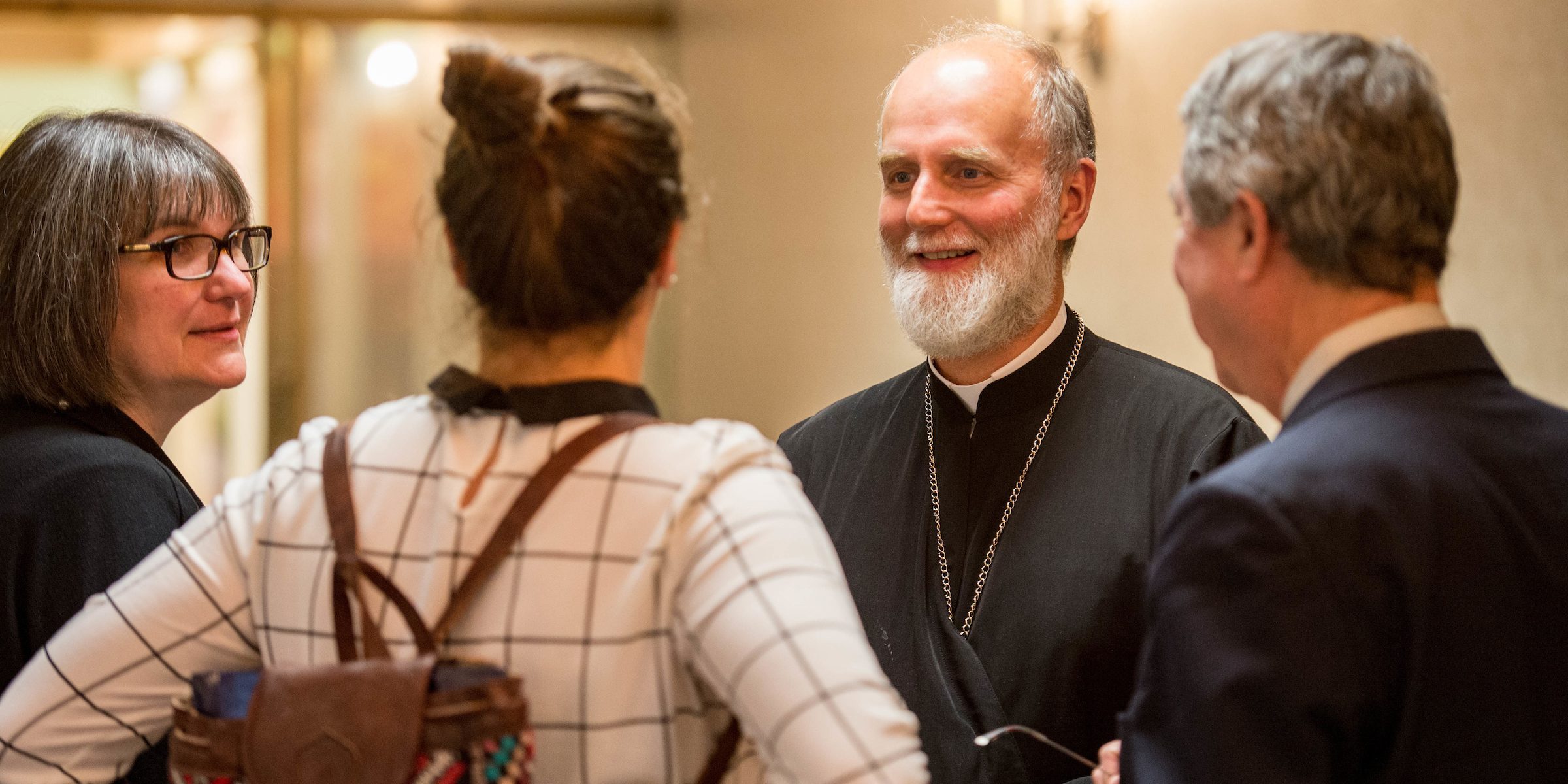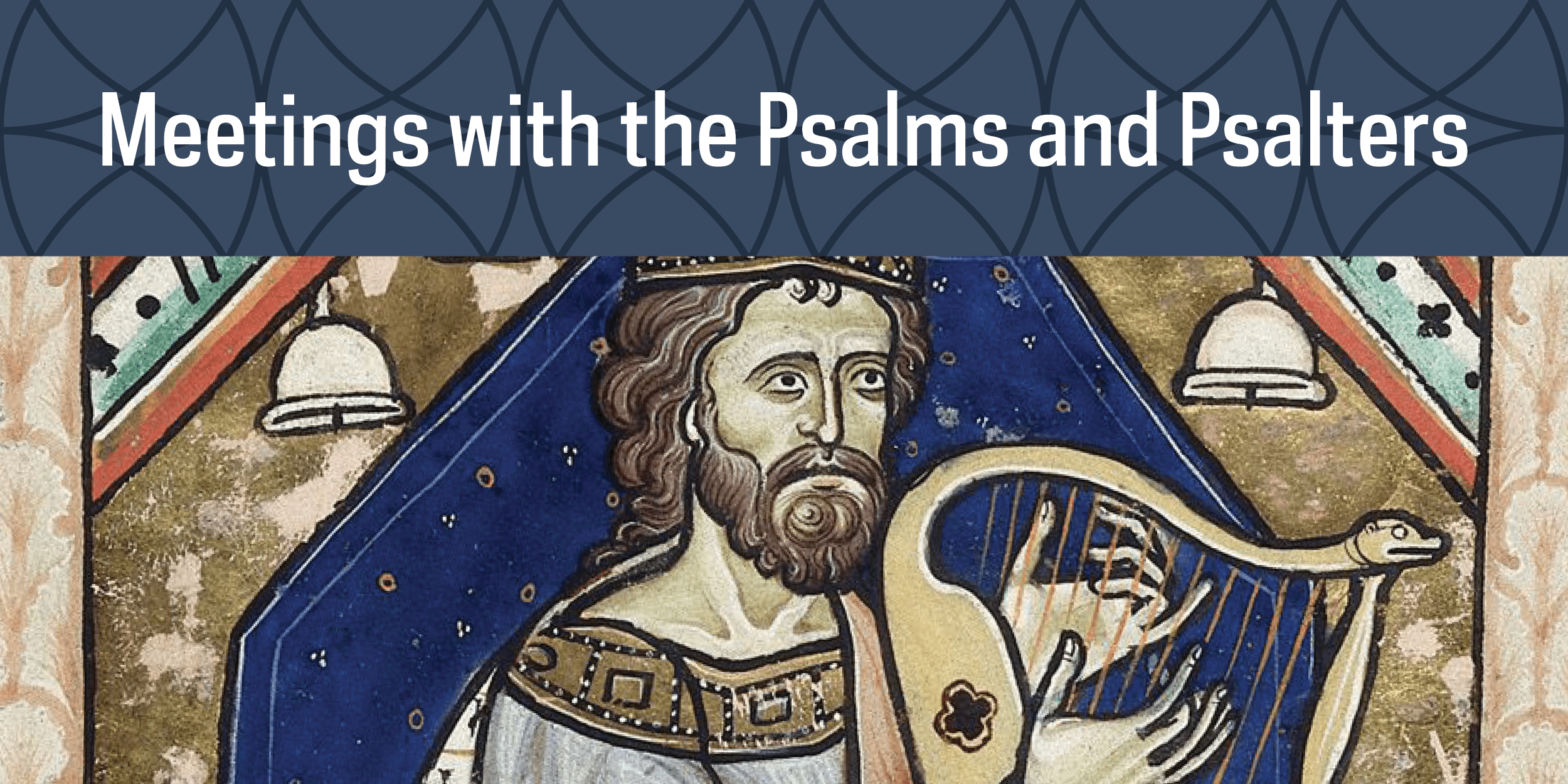Faith in the Story: Trialogues for Enhancing Religious Literacy
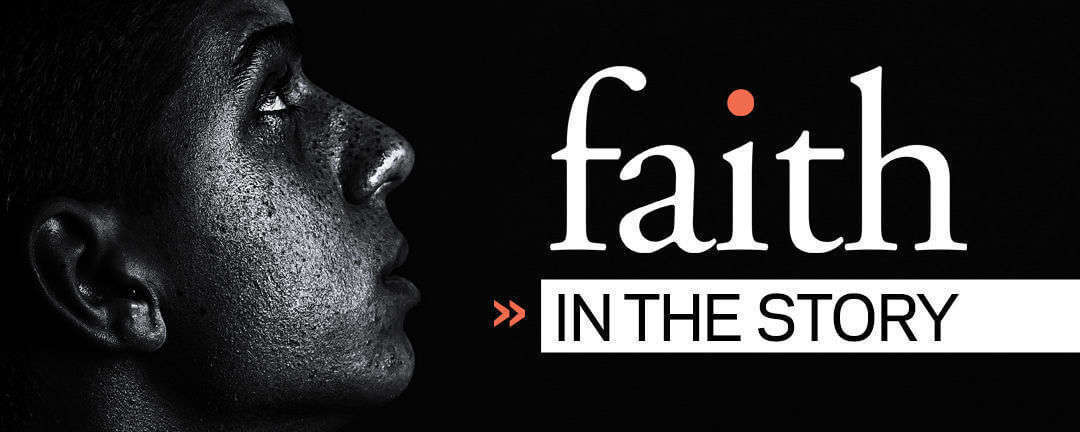
“Faith in the Story: Trialogues for Enhancing Religious Literacy,” a multi-year series of workshops from the Ansari Institute, seeks to change the conversation about religion.
These “trialogues” have brought journalists, academics, and faith leaders together in conversation. They have provided a neutral forum for reflection, empathy, and constructive engagement. Participants have learned about the challenges colleagues in other professions face and have discussed ideas to improve media coverage of religion in public affairs.
At the end of each set of workshops, participants share what they have learned during a public event. Below are highlights from the series.
Inaugural Workshop: Hindsight is 2020 (December 2021)
For this workshop, we solicited commentary and reflection on the tumultuous events that reshaped American religious life in 2020. We studied in order three events during this workshop to see how they built on one another:
• Public Health: When COVID-19 came to the US and engulfed the planet, how did religion respond?
• Racial Justice: When nationwide protests erupted in response to the killing of George Floyd, Breonna Taylor, and others, what was the role of religion?
• Political Polarization: As Republicans and Democrats contended for power during an election year, and as populism surged across the globe, how and when did faith emerge as a force?
We invited to the same table faith leaders who participated in and lived through these events, journalists who told their stories, and academics who situated these happenings in clarifying contexts. In each case we sought to answer: What happened? How was it talked about? How can we improve the conversation?
Second Workshop: Never Forget (August 2022)
Two decades have passed since the September 11 and Catholic Archdiocese of Boston sex abuse scandal. In both cases news-media publicized ongoing revelations about these events that would have profound effects on religious life in both the United States and around the world. From then on, religious violence itself could no longer go ignored in either policy agendas or classroom syllabi, and religion itself was often blamed as the source of the problem. Ardent and continual reporting ensured that the public would “never forget,” and media, academic, and religious institutions developed new standards and practices to better remember the lessons that were learned.
What were those lessons from twenty years ago? How do we preach, teach, or challenge them today? What exactly were we supposed to “never forget”?
For our summer 2022 workshop we solicited commentary and reflection on the devastating legacies of September 11 and clerical sexual abuse crisis, and we convened academic, media, and religious professionals to speak to their broader historical and trans-regional contexts.
Third Workshop: Religious Futures (December 2022)
What will the world look like in thirty years? A Pew Research report forecasts a more populous planet in 2050, with as many Muslims as Christians. The Intergovernmental Panel on Climate Change predicts that absent radical action, global temperature will rise another half degree Celsius, further intensifying our slow-motion global disaster. But utopian thought leaders on the other hand envision gender equality, electric cars, designer genes, and the elimination of global poverty. How are religious individuals and institutions (some of which have been around for a millennium or two) planning for this brave new world? What does the long view look like for religions, and how should we report, study, and teach about that which has not yet come to pass?
Prophets, priests, and philosophers have long been in the business of forecasting uncertain futures and sharing resources for shaping and withstanding them. For our December 2022 workshop, we will solicit commentary and reflection on global religion’s many futures. These futures may include great shifts in demography, technology, education, and global political economy. Some, like Pope Francis’, build on the insight that these futures are indeed interdependent, and therefore humanity’s singular future is shared.
What are the next chapters in the story of humanity? How long, how joyful, and how arduous will they be? Whose stories of the future should be circulated more widely? In our third workshop, participants discussed these important questions, and panelists shared a diverse range of perspectives during the closing public panel.

December 14, 2022
More Like This
Related PostsLet your curiosity roam! If you enjoyed the insights here, we think you might enjoy discovering the following publications.

